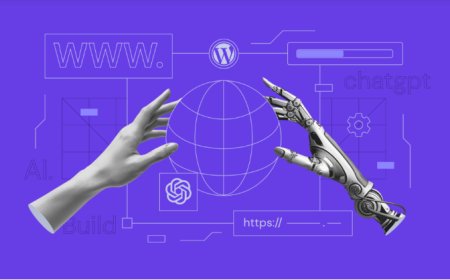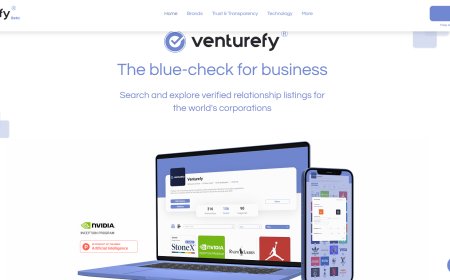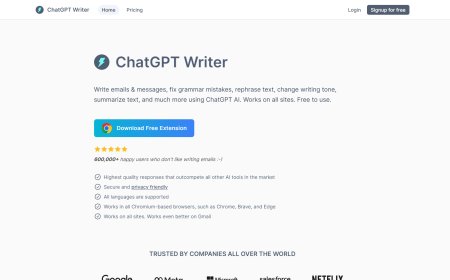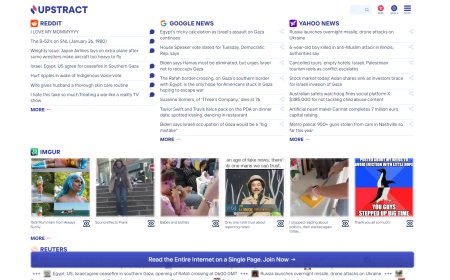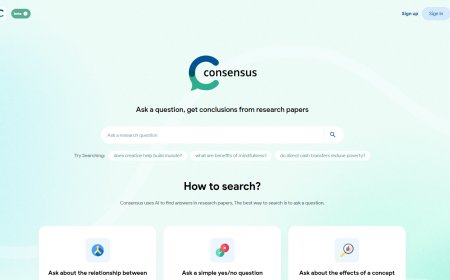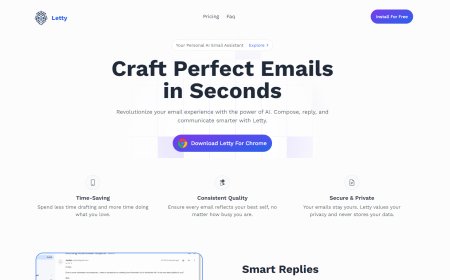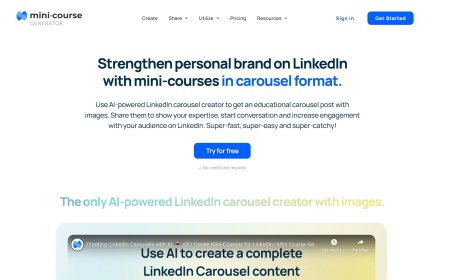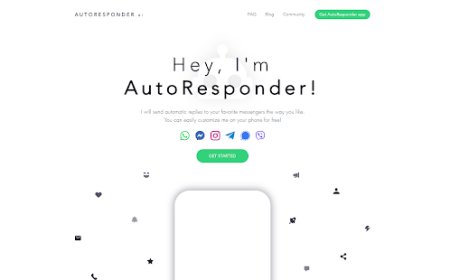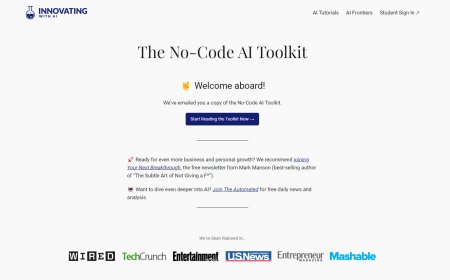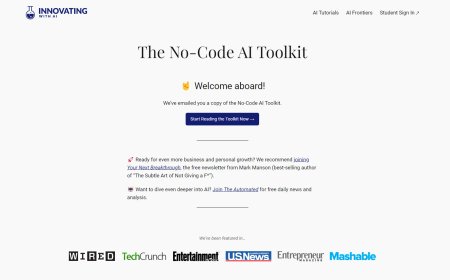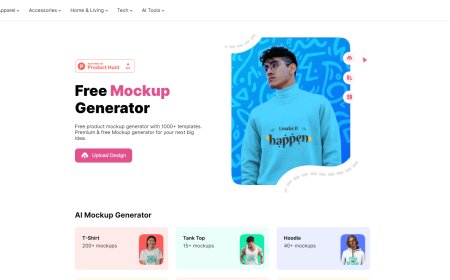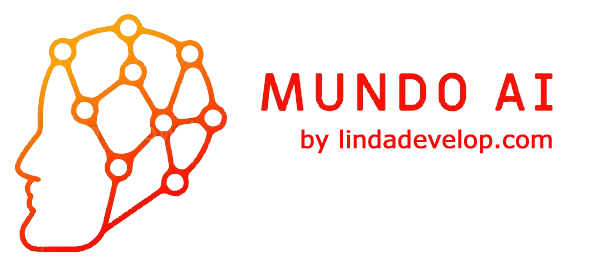What challenges do AI startups face?
Investors, as in other industries, are looking for companies with a moat - a competitive advantage over rivals.

The temperature of the AI sector is rising, but it's not the typical hype of venture capital.
Unlike cryptocurrency or web3, AI already had major players in the field before the market began to move. This makes the ecosystem complex for founders and investors, especially those who weren't even looking at AI a year ago.
Now, entrepreneurs are invading the sector, and early-stage investors are scrutinizing the buzz to figure out which startups are merely riding the wave and which ones might grow and become robust companies.
Investors, just like in other sectors, are looking for companies with a moat - a competitive advantage over rivals.
With heavyweights like Microsoft, Google, and OpenAI also building in this category, investors want to ensure they aren't supporting companies that might be rendered irrelevant by one of the larger entities.
Carlos Sousa, founder and managing partner of Mundo da AI and Lindadevelop, says he is currently taking a step back in relation to AI to see how things unfold.
He is not very interested in startups that are building on top of existing large language models, he believes that while you can create an interesting business this way, it's unlikely to be transformative.
Artificial Intelligence (AI) startups face several challenges, some of which include:
- Data Capture: AI requires vast amounts of data to train its models. However, obtaining high-quality data can be difficult and costly. Moreover, data privacy is a significant concern.
Talent: There is a global shortage of AI talents, which makes hiring and retaining qualified professionals a significant challenge. - Competition: As mentioned in the text I translated earlier, competition from tech giants like Google, Microsoft, and OpenAI, which have more resources and data, is a major challenge.
- Regulation: As AI becomes more prevalent, governments around the world are beginning to implement stricter regulations. These regulations can be difficult for startups to navigate.
- Inflated Expectations: There is a great amount of excitement around AI, which can lead to unrealistic expectations. If AI startups fail to meet these expectations, this can lead to disillusionment among investors and the public.
- Explainability and Trust: AI often operates in ways that are difficult for humans to understand. This can lead to trust and acceptance issues among users.
What's Your Reaction?

















